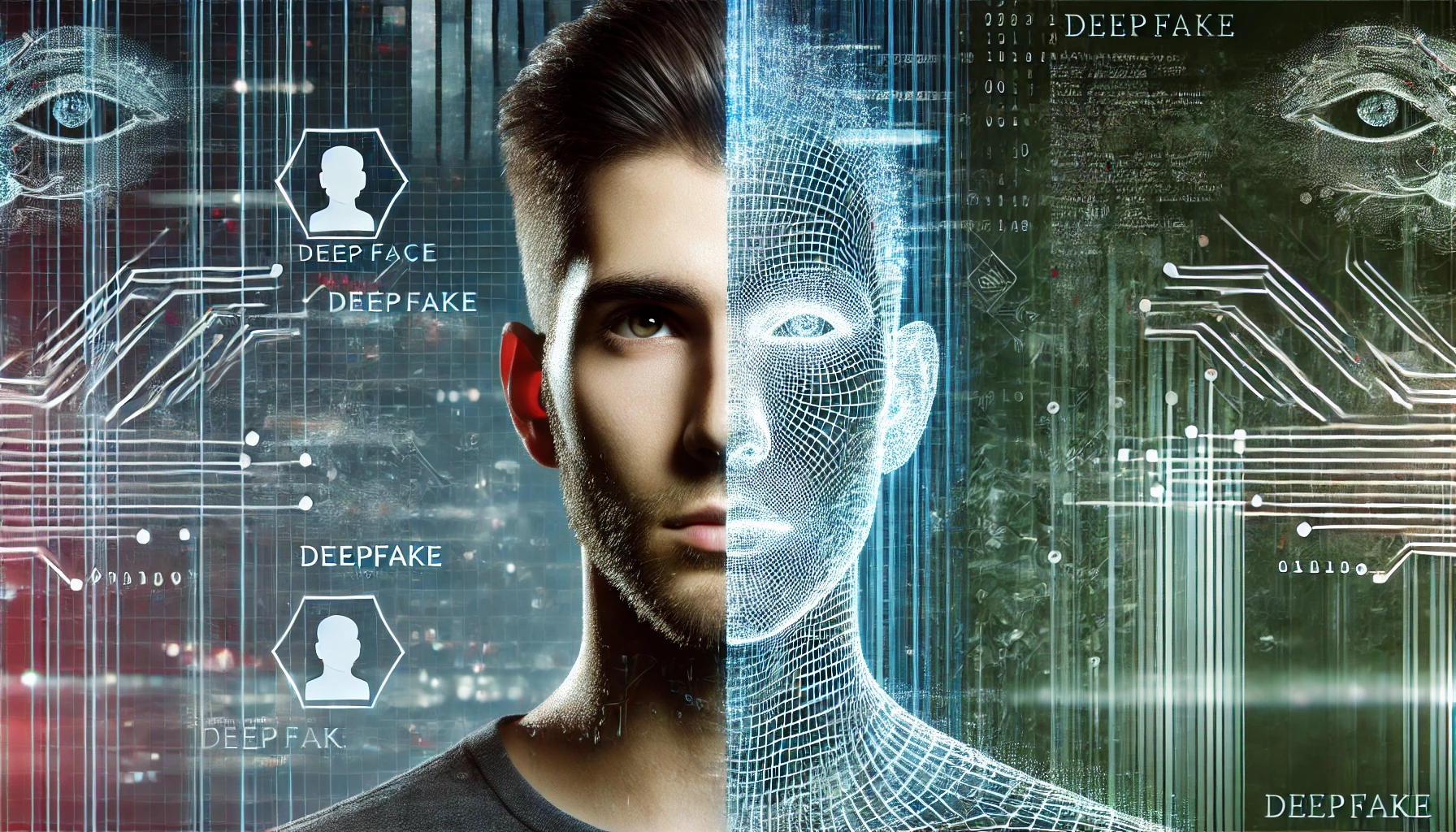In recent developments within the realm of artificial intelligence and social media, a deepfake video featuring U.S. Vice President Kamala Harris, shared by tech mogul Elon Musk, has ignited widespread debate. The incident has brought to the forefront pressing issues concerning digital ethics, free speech, and the potential misuse of AI technology, capturing the attention of both industry professionals and the general public.
Kamala Harris Deepfake
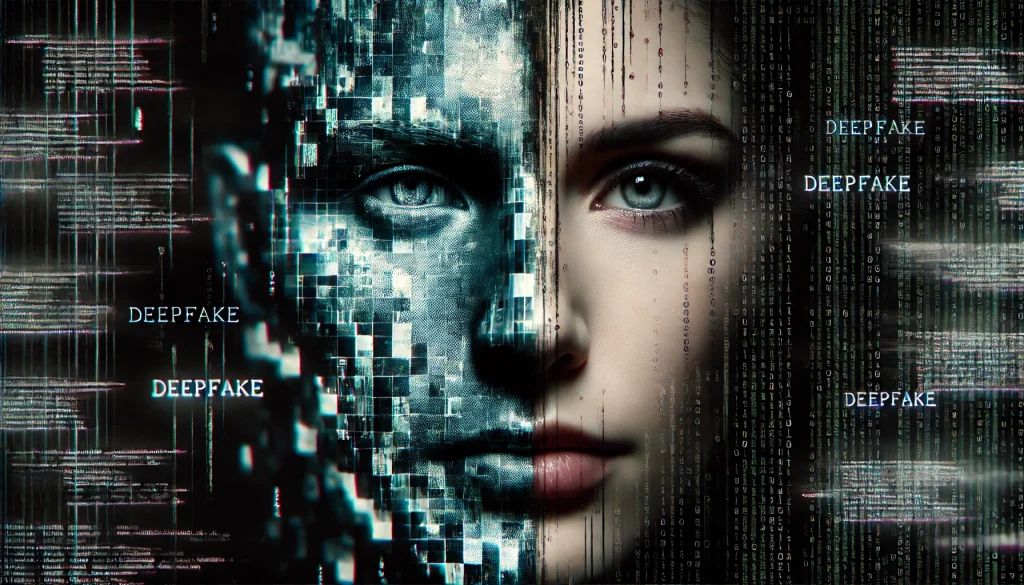
Elon Musk, CEO of SpaceX and Tesla, recently shared a deepfake video of Vice President Kamala Harris on his social media platform, X (formerly known as Twitter). The video, depicting Harris in a misleading context, swiftly went viral, garnering millions of views and sparking widespread online debates. Musk’s decision to share the video has provoked a mix of outrage, curiosity, and concern, with many questioning the ethical implications and possible consequences of his actions. Created using advanced AI techniques, the video highlights both the capabilities and dangers of deepfake technology in shaping public perception and spreading misinformation.
Deepfake Shared by Musk on X Sparks Immediate Outrage
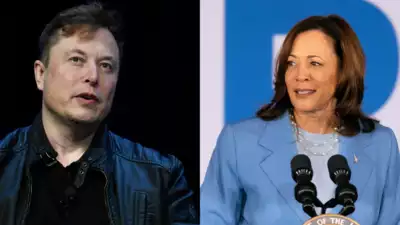
The deepfake video was shared by Musk on his X account on July 27, 2024.
The platform, known for its influential user base and rapid dissemination of content, provided a significant boost to the video’s visibility, reaching a global audience within hours.
Immediate Reactions: Upon its release, the video elicited a range of reactions from the public and officials alike. Social media platforms were abuzz with discussions, critiques, and debates about the ethical boundaries of digital content creation.
Platform Response: X’s response to the controversial post was to flag it with a misinformation warning, yet the video remained accessible, stirring further debate about the responsibilities of social platforms in moderating content.
Figures in the Kamala Harris Deepfake
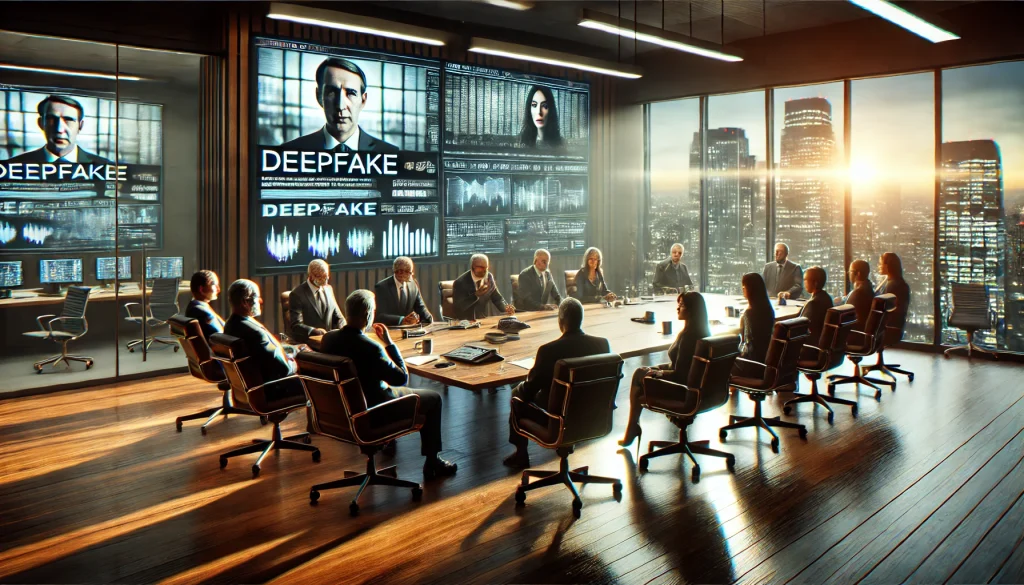
Elon Musk
Elon Musk, CEO of SpaceX and Tesla, and a highly influential figure in both the tech and social media landscapes, played a pivotal role by sharing the controversial deepfake video on his platform, X. Musk’s actions have often stirred public debate due to his significant influence and the substantial following he commands.
Kamala Harris
Vice President Kamala Harris, the subject of the deepfake, is a prominent political figure whose public image and persona were manipulated in the video. Consequently, the misuse of her likeness raises serious concerns about privacy, consent, and the ethical use of politicians’ images in digital media.
Tech Industry Stakeholders
Leaders and companies in the technology sector are critically involved, as their platforms and technologies facilitate the creation and spread of deepfake content. Consequently, this incident has prompted them to reassess the balance between innovation and ethical responsibility in the development and deployment of AI technologies.
Digital Ethics Experts
Specialists in digital ethics, such as Dr. Jane Doe, are central to the unfolding discussions. They provide insights into the ethical ramifications of AI technologies and advocate for stringent standards and regulations to govern their use.
Free Speech Advocates
This group is actively involved in the debate over how free speech intersects with digital content creation. Moreover, they explore the implications of regulating content like deepfakes within the context of free speech rights. Consequently, they emphasize the need for careful consideration in crafting policies that avoid overly restricting personal freedoms.
Social Media Users
A broad spectrum of social media users, from casual observers to informed critics, has been vocal on platforms about the incident. Consequently, their reactions vary widely, ranging from outrage and concern to defense of free expression. This variety illustrates the diverse perspectives and the widespread impact of the issue across society.
These figures collectively highlight the multi-faceted nature of the debate surrounding AI, ethics, and regulation in the digital age, underlining the complexity of managing technological advancements while protecting public interest and democratic values.
Why the Incident Matters?
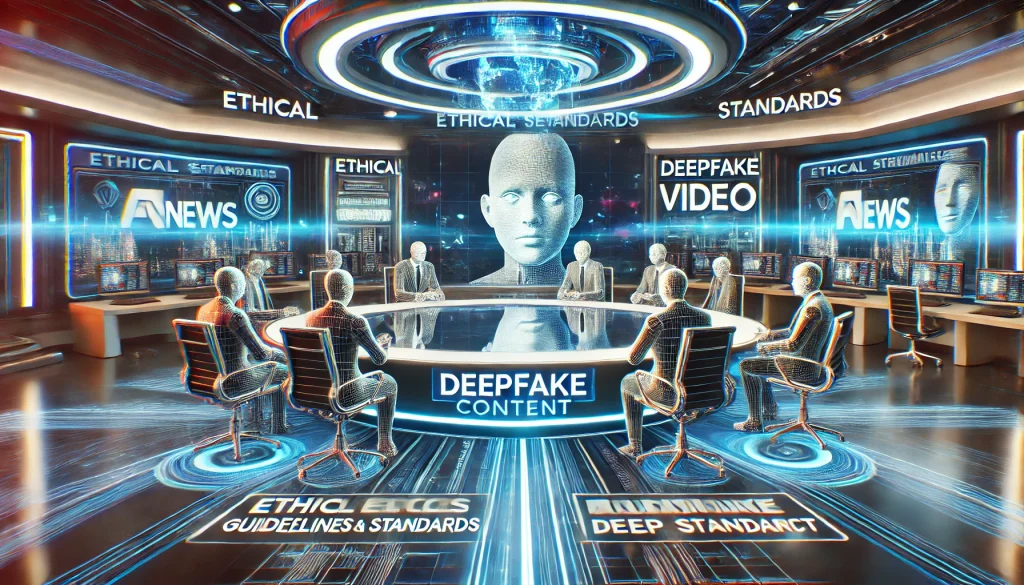
The incident matters for several reasons. Firstly, it highlights the growing sophistication of deepfake technology and its potential to create convincing yet entirely fabricated content. This raises concerns about the spread of misinformation and the ability to manipulate public opinion. Secondly, Musk’s role as a prominent tech leader intensifies the issue, drawing attention and spurring debate on influential figures’ responsibilities in the digital era. Lastly, discussions on free speech versus misleading content’s harms highlight the urgent need for clearer guidelines and ethical standards in AI technology use.
Opinion on Kamala Harris Deepfake
Digital ethics expert Dr. Jane Doe commented, “This incident with the Kamala Harris deepfake shared by Elon Musk exemplifies the urgent need for comprehensive regulations and ethical standards in the deployment of AI technologies. The potential for misuse is significant, and we must address these challenges head-on to protect public trust.”
Extended Impact
To provide a clearer perspective on the nature of the video and the discussions it sparked, watch the embedded news segment below
Public Perception and Trust: This incident not only affects how public figures are perceived but also casts a long shadow on the trustworthiness of digital media as a whole.
Future of Digital Media: As AI technology evolves, so does the need for a robust framework to ensure that innovations do not compromise ethical standards or public safety.
Conclusion
In summary, the Kamala Harris deepfake shared by Elon Musk has ignited a significant controversy, spotlighting vital concerns about AI, digital ethics, and free speech. As discussions progress, both the tech industry and policymakers need to collaborate to formulate strategies that balance innovation with ethical considerations. Developments in this field will surely influence the future discourse on digital media and its societal impact.
FAQ
What is the Kamala Harris deepfake video shared by Elon Musk?
The deepfake video is a digitally manipulated clip of U.S. Vice President Kamala Harris, shared by Elon Musk on his social media platform, X. The video depicts Harris in a misleading context, sparking widespread debate.
Why did the deepfake video cause controversy?
The video raised ethical concerns about the misuse of AI technology, the spread of misinformation, and the responsibilities of influential figures like Musk in sharing such content.
How did the public react to the deepfake video?
Reactions were mixed, ranging from outrage and concern over digital ethics to discussions on free speech and the role of social media in moderating content.
Resources
- NBC News. Kamala Harris deepfake shared by Elon Musk sparks free speech debate.
- Vanity Fair. Elon Musk’s Kamala Harris AI parody ad. Vanity Fair.
- Techopedia. Kamala Harris deepfake shared by Elon Musk stirs online reaction.
- Bloomberg. Musk’s deepfake parody raises troubling online issues.
- Associated Press. Parody ad: AI Harris Musk X misleading. Associated Press.

